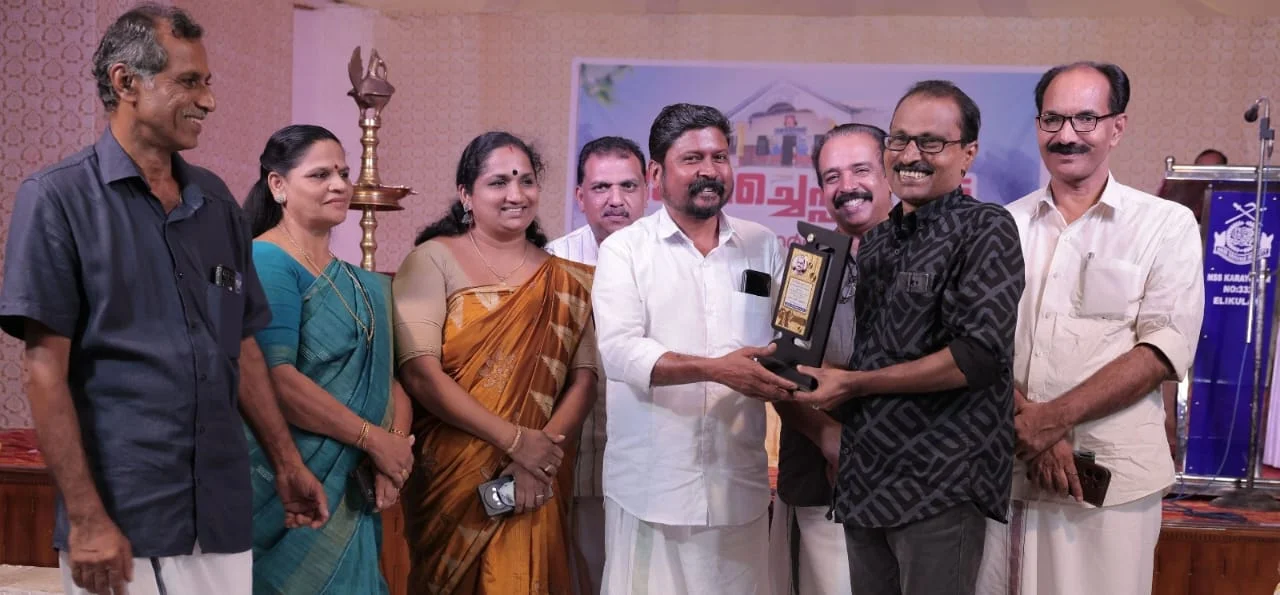In the diverse world of global healthcare, the influence of culture on medical practices and patient care is undeniable. Nowhere is this more evident than in Islamic countries, where deeply rooted religious beliefs, cultural norms, and social structures significantly shape the healthcare experience. For medical professionals and policymakers alike, understanding these cultural nuances is crucial to providing effective, respectful, and culturally competent care.
The Islamic Lens on Health and Healing
At the heart of healthcare delivery in Islamic nations lies a fundamental belief system that permeates every aspect of life, including health and wellness. The Quran and Hadith, central texts in Islam, offer guidance on maintaining physical and spiritual well-being. These teachings often influence patients’ perspectives on illness, treatment, and the role of medical intervention in their lives.
Modesty and Gender Considerations
One of the most visible cultural influences on healthcare in Islamic countries is the emphasis on modesty, particularly for women. This can manifest in various ways, from clothing choices to preferences for same-gender healthcare providers. In many cases, female patients may be reluctant to seek care from male doctors, especially for gynecological or sensitive health issues. This preference can lead to delays in seeking treatment or underreporting of symptoms if appropriate accommodations are not available.
To address this challenge, many healthcare facilities in Islamic countries have implemented gender-segregated waiting areas and ensure the availability of female healthcare professionals. However, in regions with limited resources or specialist shortages, striking a balance between cultural sensitivity and timely, effective care can be challenging.
The Family’s Role in Healthcare Decisions
In contrast to the individualistic approach often seen in Western healthcare systems, Islamic cultures typically embrace a more collective decision-making process, especially when it comes to health matters. Family members, particularly elders, often play a significant role in medical decisions, sometimes even speaking on behalf of the patient.
This family-centered approach can be both a challenge and an opportunity for healthcare providers. On one hand, it may complicate the process of obtaining informed consent or discussing sensitive health information directly with the patient. On the other hand, involving family members can provide crucial support for patients, improve adherence to treatment plans, and facilitate better communication between healthcare providers and patients.
Healthcare providers working in Islamic contexts must navigate these family dynamics skillfully, respecting cultural norms while ensuring that patients’ rights and autonomy are protected. This often requires additional time and resources for family meetings and discussions, which should be factored into healthcare delivery models.
Traditional and Complementary Medicine
Another significant cultural influence on healthcare in Islamic countries is the widespread use of traditional and complementary medicine alongside modern medical practices. Many Muslims turn to traditional healers, herbal remedies, and spiritual practices as part of their healthcare regimen.
These traditional approaches often draw from Islamic teachings and cultural heritage. For example, the use of honey, black seed (Nigella sativa), and olive oil for medicinal purposes is rooted in both cultural tradition and religious texts. Similarly, practices like cupping therapy (Hijama) are popular in many Islamic communities.
While some of these traditional methods have shown promise and are being studied for their potential benefits, others may pose risks or interact with conventional treatments. Healthcare providers must be aware of these practices and work to integrate them safely into patient care plans when appropriate. This approach not only respects cultural beliefs but can also enhance patient trust and compliance with medical advice.
Language and Communication Barriers
In many Islamic countries, language diversity can present significant challenges to healthcare delivery. Even within a single country, multiple dialects or languages may be spoken, complicating patient-provider communication. This linguistic diversity, combined with varying levels of health literacy, can lead to misunderstandings about diagnoses, treatment plans, and medication instructions.
To address these challenges, healthcare systems in Islamic countries are increasingly investing in interpreter services, multilingual health education materials, and cultural liaison programs. These efforts aim to bridge communication gaps and ensure that patients fully understand their health conditions and treatment options.
The Way Forward: Cultural Competence and Sensitivity
As healthcare systems in Islamic countries continue to evolve, there is a growing recognition of the need for cultural competence among healthcare providers. This goes beyond mere awareness of Islamic practices; it involves developing a deep understanding of how cultural and religious beliefs shape health behaviors, decisions, and outcomes.
Training programs for healthcare professionals are increasingly incorporating modules on cultural sensitivity and Islamic medical ethics. These initiatives aim to equip providers with the knowledge and skills needed to deliver care that is both medically sound and culturally appropriate.
Conclusion
The interplay between Islamic culture and healthcare delivery is complex and multifaceted. By recognizing and respecting the cultural influences that shape patients’ health beliefs and behaviors, healthcare providers and systems can offer more effective, compassionate, and patient-centered care.
As global healthcare continues to evolve, the experiences of Islamic countries offer valuable lessons in cultural competence and sensitivity. By fostering a healthcare environment that honors both medical science and cultural traditions, these nations are paving the way for a more inclusive and effective approach to healthcare delivery worldwide.





